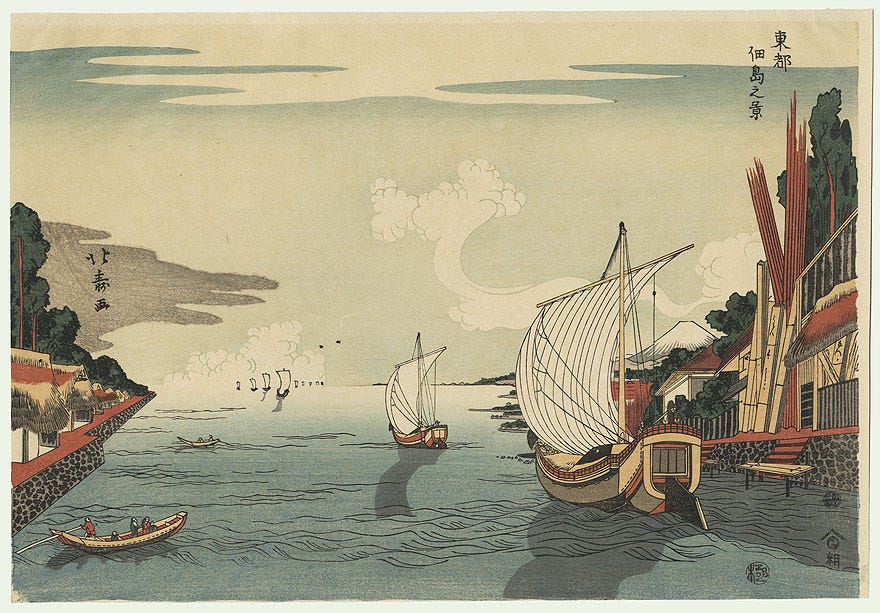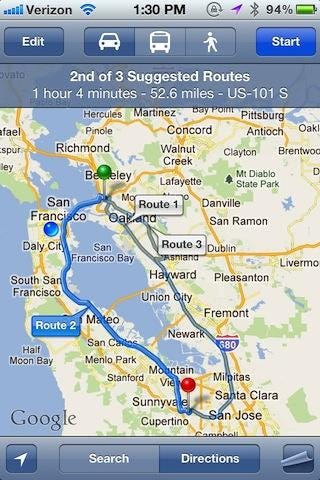A common question that less-experienced coaches often ask their more-experienced peers is, “can you give me a drill to get better at x skill?” While experienced coaches have what seems like an endless list of drills, they still struggle to answer what appears to be a fairly simple question. Both coaches are doing the same work and yet, somehow, their work is very different. Some of this difference can be explained because less-experienced coaches (let's call them novices) tend to be more comfortable following prescribed steps while more-experienced coaches (let's call them experts) have learned to be comfortable working without such clear structure. And yet, there is structure to how experts coach. So what gives experts this special structure that novices lack? It’s not just knowledge of human anatomy or sport tactics, although such knowledge can certainly make a positive difference. There’s something else there that’s hard to describe but easy to see.
In short, the difference is goals. Coaches are creators of learning environments, so we have to know what we want players to learn in any given session, game, or drill. These are the goals we set. What makes the difference between the novice and the expert so difficult to see is that both have goals but their goals are subtly different. This is part of the tension that arises from the common question-asking I described above. Novices tend to see coaching as a series of tasks that need to be performed in order to create functional individuals and teams. The goals they set are determined by completing a task on their list. Experts tend to set learning goals based on both team and player development and they are always thinking about how all the pieces interconnect. For them, there isn’t a set of steps to be followed, but a dialogue between the progress they observe and the long-term vision they have. This difference in how coaches set and evaluate goals leads to the “can I have a drill” disconnect. Novices ask for something they can add to their list of things to do and experts, always thinking about how pieces fit together, are hesitant to give the kinds of answers that the novices are expecting. If this is the case, then let’s change the conversations that novices and experts are having. There are two ways that expert coaches can help novice coaches by shifting the conversations they have.
“If a man knows not what harbor he seeks, any wind is the right wind.”
- Lucius Annaeus Seneca
Seneca’s quotation reminds us that having a goal is vital to how we go about many things in life. But both novice and expert coaches have goals, even though the goals may be quite different. The goal for the novice may only be to spend time working on a particular skill, assuming that spending time on it checks an item off of their to-do list. When this is the novice’s goal, the expert can give many different answers to the drill question because many different drills will achieve the novice’s goal. Any wind is the right wind to the novice because any drill the expert gives will fill the slot on their list of things to do.
The first way that experts can help novices is by making sure they’re talking about the same goals. Expert coaches should be asking novices where they wish to sail. What does the game look like where they're coaching right now? What does that skill look like in their world (not what does it look like when the pros do it)? What does getting better at that skill look like in their world (what changes are they trying to make)? Questions like these allow an expert to help a novice better define what the end result of the work should be instead of assuming that the end result is the same for everyone, everywhere. The better they define where their desired harbor is, the easier it becomes to know which wind is the right wind.
But even as the image of the end becomes clearer, another issue appears. Contrary to what Seneca suggests, there may not be just one “right wind”.
The difficulty an expert coach may have in answering a novice is not that the novice hasn’t chosen a harbor or described it clearly enough, it’s that there’s more than one way to get there. The expert’s struggle is choosing which path makes the most sense for the novice. What matters here is the framework that supports the chosen goals. In Seneca’s terms, what matters is not seeking a particular harbor, but how you reach that harbor. What matters most to you helps determine which path makes the most sense.
“One will weave the canvas; another will fell a tree by the light of his ax. Yet another will forge nails, and there will be others who observe the stars to learn how to navigate. And yet all will be as one. Building a boat isn’t about weaving canvas, forging nails, or reading the sky.
It’s about giving a shared taste for the sea, by the light of which you will see
nothing contradictory but rather a community of love.”
- Antoine de Saint-Exupéry
The second way that experts can help novices is by creating opportunities for reflection. The expert can open by inviting the novice to share, “tell me more about why x skill matters to you and your players.” By inviting the novice to think about the value they place on a skill, both coaches gain insight into what matters to the novice. The two don’t have to have the same reasons or the same values, it is enough for them to share a desire to improve themselves and the players in their care. This is how experts can cultivate Saint-Exupéry’s “shared taste for the sea” in novices instead of just giving them jobs they can do. Tapping into this shared passion opens up avenues of conversation about not just what matters to each but also about how to move towards what matters in ways that are authentic to each. This is how Saint-Exupéry's community is built, not by swapping drills but by swapping insights. Instead of allowing the novice to see coaching (Saint-Exupéry’s boat building) as a series of tasks (“weaving canvas, forging nails, or reading the sky”), these reflective conversations help coaches unite the tasks within a framework built on what each coach values. Novices can begin to see that coaching is much more than just trying to follow a series of steps, each somewhat isolated from the others. Instead, there is a sense of where a player or a team has been and the direction that they are moving in and that sense dictates how to encourage what is already happening. The expert can help the novice see that there is a framework within which players are being challenged to grow not just from one step to the next, but along a larger trajectory that extends beyond those steps in both directions. The expert can narrate their thought process for the novice and help the novice develop their own internal dialogue.
This is the essence of mentorship, to help others nurture their own unique understanding, perspective, and set of values. We aren't sailors because we long to build boats, we are sailors because we have a “taste for the sea”. I am not a coach because I want to have all the answers, I am a coach because I want to be part of the growth of players I work with. For expert coaches, the challenge is to show novice coaches how the drive they feel connects to the work they do. It only takes a small shift in the questions the expert asks the novice. Instead of asking the novice what their players need to do better in x skill, an expert can ask the novice what they view as most important about that skill. If a novice just gets a drill from another coach, they are able to skip reflecting on what matters to them. By instead asking the novice what they value most, the expert creates space for the novice to reflect and can support them through their exploration.
With these two small ways of asking questions, an expert can expand their response to the drill question with more than a drill. They can say, “tell me more.” They can work together with that novice to craft a drill that moves towards a goal that they define together. Then they can talk about what to look for and how to coach within that context. Experts can talk about how those moments, coaching within that context, are huge parts of what coaching is all about. That's how all of us, novices and experts, become not just builders of boats but sailors of seas.





